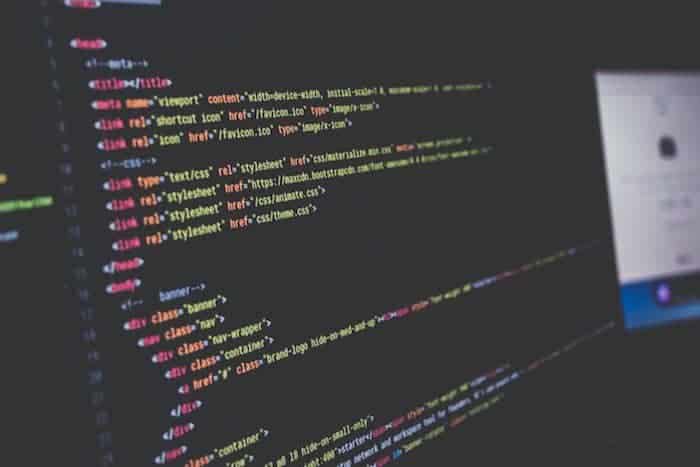Paper vs. Screen: Staying Informed In a Digital Age
Are you going to read this article all the way through?
This is one online piece you might want to consider not skimming.
This is a story inspired by a very recent (and surprising) event that was the 2016 Presidential election.
With the unexpected outcome of November 8th, many people questioned just how everyone – from the news, to the polls, to the experts – managed to get it all wrong.
Why was everyone so taken aback by the Trump win?
Many theories have been raised: from the gerrymandering of states through the REDMAP project, to the rise in divisiveness across the country.
However, ONE agreed upon catalyst is the rise in “fake news” across social media.
What was it about fake news that made us all believe the propaganda lies spread by both sides of the political party?
With Breitbart news, Red State, and others on the conservative side, and MSNBC, The Daily Beast, and more on the liberal side: who is one to know what to trust?
Plus, sites like abcnews.com.co exist to confuse us even more.
How can we ensure we’re getting correct, bipartisan information in the digital age?
Fake news has reinvigorated a debate about the power of screen versus print: getting information from social media versus printed, physical newspapers.
Surprisingly, our brain interprets each differently, and figuring out just HOW we read could be a useful trick to being more productive at work – and staying more informed in life.
How Our Brain Reads in the Digital Age
Studies have found that our brain is more attuned to reading and retaining information supplied by paper-and-ink books, and we are often more likely to skim articles that are posted online.
As one study with Scientific American noted, reading from electronics inhibits our reading comprehension.
I know I am guilty of skimming when I read on my phone or computer, and the creation of the TL;DR acronym is a sign of the decline in effort we put into reading in today’s digital age.
As Quill President Sergio Pereira noted in an article on paper versus screen:
“With all the information that’s available to us, we’re not taking the time to take all that information in and process it in ways that can make us think better and make more informed decisions. Maybe it’s because we’re all so pressed for time that we feel that it’s easier to just skim, extract one or two points of conversation, and adopt a TL;DR mentality.”
In other words, there’s a lot of information out there to read, but some things are more important than others.
Reading on paper may help us remember and retain information, but the only thing hampering retention when online is our mentality of HOW we process online information.
Changing Our Mentality
Hence, the rise in fake news prior to the election.
Propaganda posts were created with “clickbait” titles that drew the attention of readers, but were rarely true.
Despite the lack of facts, readers would skim the piece (or worse, read ONLY the title), become infuriated or inspired, and share it with a simple click.
Social media allowed these stories to spread by the thousands, hampering informed decisions and tampering with our world view.
There are ways to determine what types of articles are fake or real, but the main lesson should be this: reading is so very important in creating and fostering our world view; not just in the sense of politics, but in our work life, education, and day-to-day interactions.
The internet and the devices that connect us to it are vital to researching and understanding the world around us, but we have to be sure to sit down and NOT take our unlimited knowledge for granted.
We can’t skim, skip, or simply read the title of pieces.
When you next sit down to read a work report, or you’re at home on your phone reading another Everyday Power Blog article; do your part and read it from start to finish.
Help keep your brain engaged while you read.
Maybe our society will be able to think more critically when reading online during this digital age.
Alternatively, sit down and read a book.
Buy a magazine or newspaper subscription.
Your brain – and society in general – will benefit from a little time with the good ol’ printed word.











